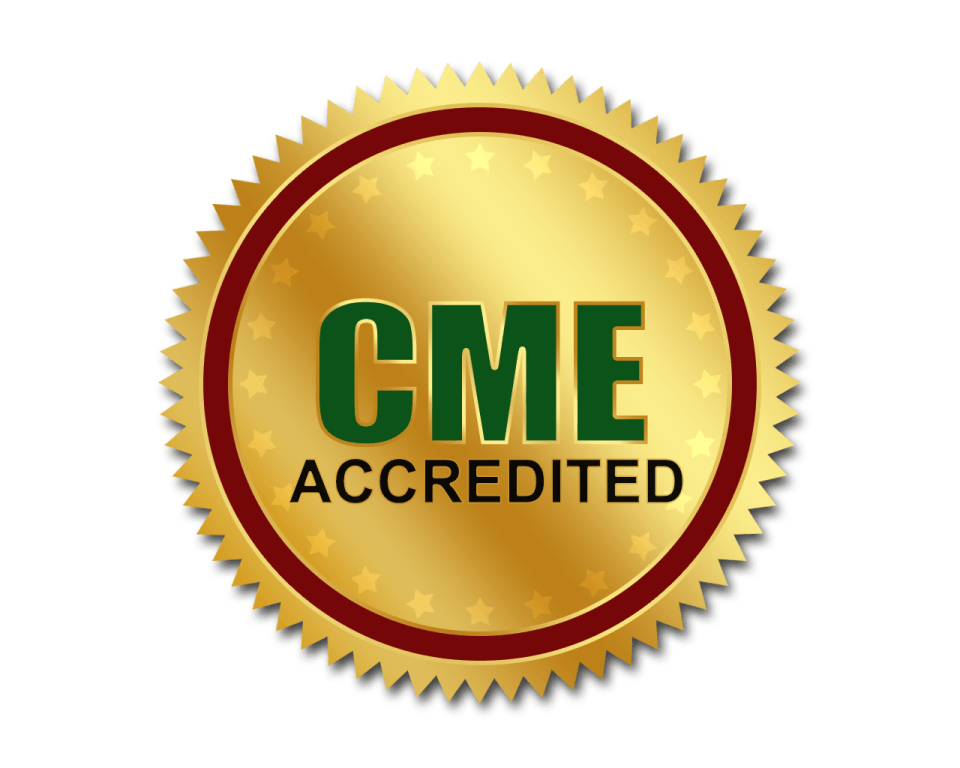
Alaa S. Barhamain
Umm Al-Qura University College of Medicine, Makkah, Saudi Arabia.
Title: Heliotherapy; an alternative treatment for resistant diseases
Biography
Alaa S. Barhamain; Senior medical student completing her final year at Umm Al-Qura University, College of Medicine to obtain her MD Bachelor Degree in 2017. She is very interested in the field of research and is a main author in 3 research papers under review for publication. Currently she is studying the theurapeutic benifits of heliotherapy.
Abstract
The use of Heliotherapy for the treatment of various affections of the body is of an old date. It was in 1880 that heliotherapy became a recognized therapeutic procedure in surgical tuberculosis and gained a wide popularity. Since that time, further studies were conducted to find out more health benefits to sun light. Many health institutions were built on high altitude or by the seashores in Europe to provide heliotherapy to patients suffering from TB in abdomen, bones and joints, psoriatic arthritis, uveitis, atopic dermatitis, and rheumatoid conditions…. etc. However, with the success of antibiotics in achieving faster therapeutic goals in the treatment of TB, and with the emerge of theories indicting that the direct exposure to sun light can be associated with increased incidence of skin cancer, the reputation of heliotherapy has reposed. We reviewed the earliest clinical data and observations reported by physicians and the relatively new studies and proposed Heliotherapy to be a solution for the failure of treatment of many diseases, specially those cases resistant to conventional therapy. This paper focuses on the therapeutic benefits of sunlight exposure in the treatment of drug resistant TB and granulomatous lesions whether in the lungs or any other part of the body. It also highlights the effect of heliotherapy in the treatment of a group of skin manifestations, mood enhancement, immune modulation and treatment of autoimmune diseases.

Muhammad Muneeb Ullah Siddiqui
College of Physicians and Surgeons, Pakistan
Title: Problem faced by vaccinators of Karachi during polio campaign
Biography
Muhammad Muneeb Ullah Siddiqui has graduated from Dow medical college,Karachi in the year 2015 where he has been known as a socially active student owing to his contributions to Patient Welfare Association (a non-profit organisation catering to the poor and helpless patients of civil hospital Karachi).He is also a member of Pakistan Islamic Medical Association and has been the organiser for two consecutive years at their biennial conventions.Currently he is enrolled for post graduate studies at College of Physicians and Surgeons Pakistan.
Abstract
Introduction: Polio is one of the most crippling diseases and has been eradicated from most of the world. However, it is still an issue for countries like Pakistan and Afghanistan and is a global threat for polio free countries. Beside political will, Vaccinator role is very important in eradicating disease. This study was designed in order to find out the problems faced by vaccinator in executing polio campaign, which may play a key role in failure of campaign.
Material & Method: This cross sectional study was conducted in 18 towns of Karachi. We obtained list of vaccinators and then randomly selected 190 vaccinators by simple random sampling method using SPSS program. 179 of them gave consent for interview. The questions were based on expected problems faced by vaccinators and were coded for entry in SPPS program. Participants were asked for suggested solutions as well.
Result: There were 138 male (77.1%) and 41 female (22.9%) participated in the study. Almost all of the workers 177 (98.9%) were not satisfied with the security and the same number were not satisfied with their salary. 141 (78.8%) complained transportation problem and 100% of them demanded transport/conveyance allowance and lunch during the campaign. They also pointed out poor arrangement for storage of vaccine during transportation at the site of vaccine.
Conclusion: Vaccinators should be provided with full security for the effective execution of campaign. Their salaries should be increased and lunch should be provided to all of them during campaign as it is not possible for them to arrange it during campaign.







